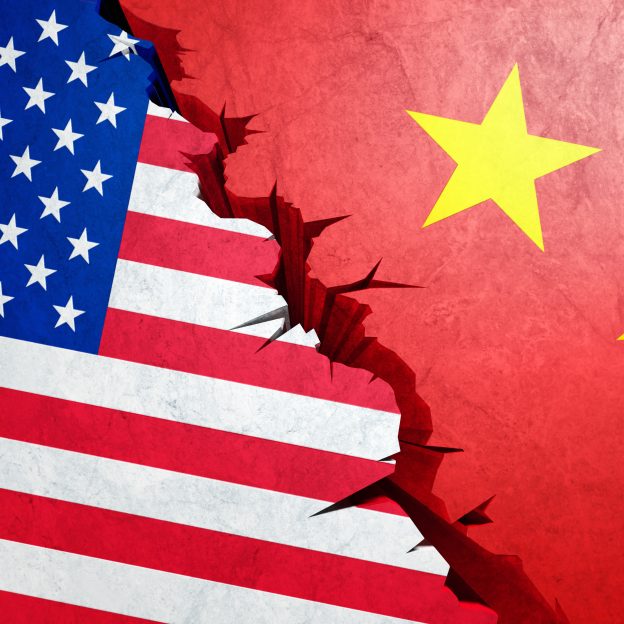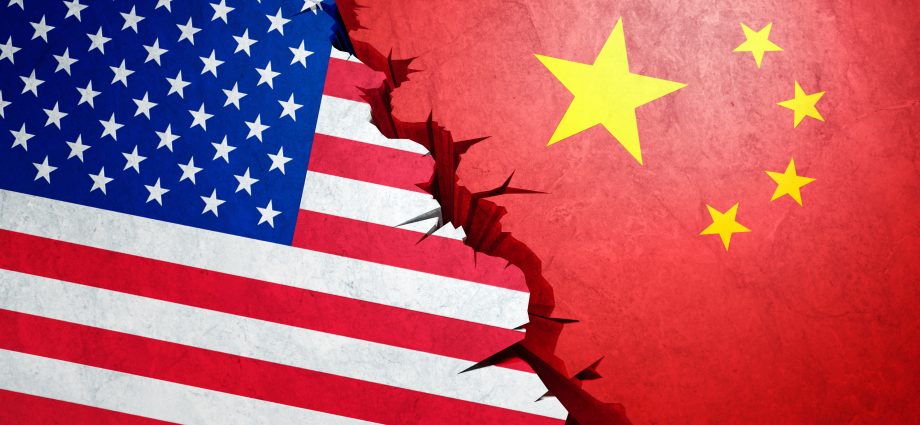On November 5, Cincinnati U.S. Customs and Border Protection (CBP) officers seized 6 shipments of unapproved U.S. Food and Drug Administration (FDA) drugs. The drugs included Phenibut Hydrochloride, Botulinum Toxin, and fillers containing Lidocaine. Each one of these drugs to include Injectable cosmetic treatments, are regulated by FDA.

The six illegal shipments originated in China, South Korea, and Hong Kong with ultimate destinations in many states including Florida, Puerto Rico, Texas, and Virginia. One shipment contained Phenibut Hydrochloride, also known as Fenibut, which has never been an approved drug product in the U.S. Phenibut Hydrochloride is a psychoactive drug originating in Russia, used both under prescription and recreationally, and has the potential for a variety of serious adverse effects for users. Phenibut Hydrochloride is also not permitted as a dietary ingredient, therefore when a dietary supplement includes Phenibut as an ingredient, it is misbranded and considered an unapproved new drug by FDA.
The remaining five shipments of prescription drugs included injectable cosmetic treatments, also restricted by the FDA. The 100- and 200-Unit vials of Botulinum Toxin, Juvederm and Restylane fillers contain ingredients that are unknown, and consumers risk serious adverse health concerns and negative side effects. Had the products been genuine and FDA-approved, the combined value for all the prohibited injectables and unapproved Phenibut Hydrochloride would have been $542,928.
“The FDA is especially concerned about the illegal importation of injectable prescription medications as these drugs may pose a significant risk to patients. Like the drugs seized by our partners at CBP, there is no way to know whether these drugs were made under good manufacturing practice conditions, and sterility of these products are not always assured,” said Assistant Commissioner for Import Operations, Dan Solis. “Injectable prescription drugs should only be used under the supervision of medical professionals able to assess product and package quality and monitor patients for potential adverse effects. Additionally, recreational drugs purported to be dietary supplements expose our communities to serious public health risks. Our strong relationship with CBP enables this kind of collaborative work necessary to best apply each agency’s authority and enforcement tools and prevent potentially dangerous medical products from entering the U.S.”
CBP works jointly with the FDA to detect and prevent harmful products entering the U.S. through International mail facilities. Sharing information and knowledge between agencies help with the detection of unapproved drugs. CBP recommends consumers purchase regulated cosmetic products from reputable sources, and ensure they are administered by properly trained and licensed medical professionals.
“Our mission is to protect America’s borders from dangerous people and materials,” said LaFonda D. Sutton-Burke, Director, Field Operations-Chicago. “Officers in Cincinnati work diligently to keep illegal shipments off the street’s day in and day out. CBP continues to value our working relationships with partner agencies like FDA, as they assist us in our mission in protecting the American people.”
Consumers may believe they are getting a fair product from purchasing medications from online sources, but that is far from truth. It is impossible to determine the products safety, and legitimacy. E-commerce rapid growth has made it easy to purchase unapproved drugs and cosmetics online at a cheaper cost, but the gain does not outweigh the risk. The revenue from drugs likes these fund transnational criminals, who put our country at risk.
CBP provides basic import information about admissibility requirements and the clearance process for e-commerce goods and encourages buyers to confirm that their purchases and the importation of those purchases comply with any state and federal import regulations.
Follow CBP on Twitter @CBPChicago and @DFOChicago.





